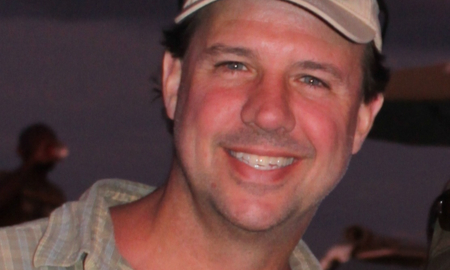Luxury Law is a comprehensive guide providing answers and insight into how luxury businesses can protect their brands in a range of jurisdictions....
| 2yrs
| 2yrs
Luxury Law is a comprehensive guide providing answers and insight into how luxury businesses can pro...





